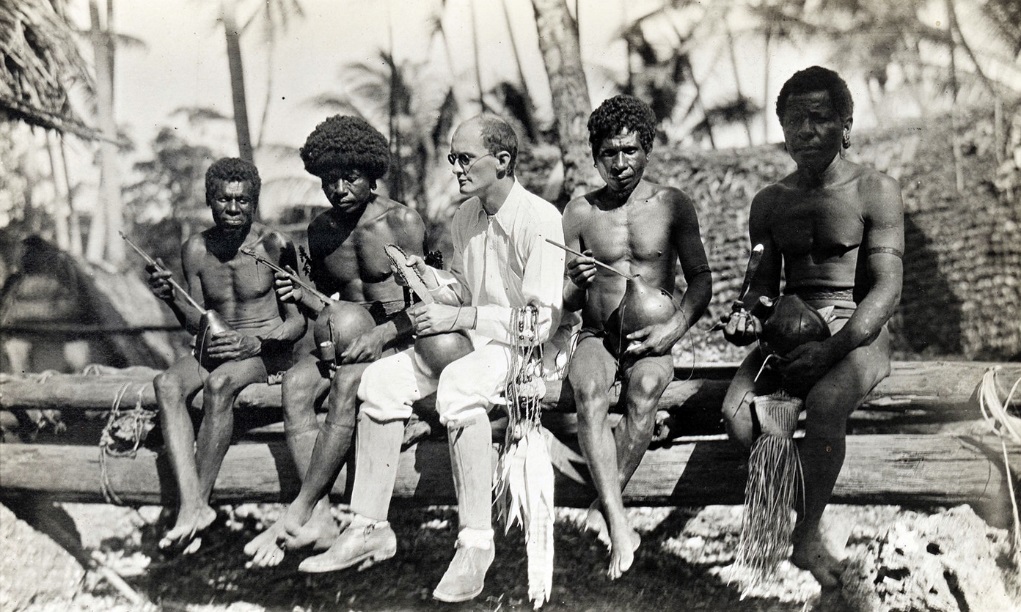This week’s assignment is to define a relatively complex term used often within our respective fields. I am choosing the term Ethnography, which is a common term within Anthropology that describes both the method and the product of anthropological research. There are various ways that the term Ethnography is used within Anthropology, so my goal with defining it is to illustrate those ways, in various levels of detail, for an audience unversed in the jargon of the discipline.
Term: Ethnography
Parenthetical Definition: Ethnography (the scientific description of the customs of individual peoples and cultures) is a fundamental aspect of social science research.
Sentence Definition: Ethnography refers either the methodological approach of participating with and observing a person or group of people, or to the peer-reviewed text which draws upon that same methodological approach.
Expanded Definition: The term Ethnography is derived from the Greek ἔθνος (ethnos) meaning “a people, nation”, and the French suffix –graphie meaning “writing,” originally developed as a research strategy in academic anthropological circles at the turn of the 20th century (Murchison 5). Early anthropologists like Bronisɫaw Malinowski, E. E Evans-Pritchard, Margaret Mead, and Ruth Benedict needed a methodology which could offer insight into the cultural practices of newly colonized peoples in order to satisfy the desires of colonial governments (ibid). Ethnography commonly consists of both qualitative and quantitative strategies, and involves both of the following:
- Participant observation: A strategy of data collection that often involves taking field notes, learning a new language, engaging in ritual practice (see Fig 1), or otherwise immersing oneself in a culture so that the ethnographer can intellectualize what they’ve seen and heard (Bernard 256-8).
- Field Notes: Usually hand written notes and other accumulated material which form the base for writing ethnographic texts. There are four types of field notes: jottings, a diary, a log, and field notes proper (Bernard 291-9)

Fig 1. Bronislaw Malinowski engaging in participant observation among the Trobriand Islanders
While many ethnographers travel as part of their work, ethnography is a methodological approach to one or many research questions, not an account of one’s travels through exotic locations. Often, the need to travel to communities was driven by colonial governments who wished to exert control over people and territory. The French Anthropologist Claude Levi-Strauss famously lamented, “I hate travelling and explorers. Adventure has no place in the Anthropologist’s profession; it is one of those unavoidable drawbacks which detract from [their] effective work through the incidental loss of weeks or months” (Levi-Strauss 17).
Works Cited:
Bernard, Russell H. 2011. Research Methods in Anthropology: Qualitative and Quantitative Approaches. AltaMira Press. Rowman & Littlefield Publishers Inc. 5th Ed. Pp. 256-8, 291-9
Levi-Strauss, Claude. 1961. Triste Tropiques. New York: Criterion Books. Pp. 17-21
Murchison, Julian. 2010. Ethnography Essentials: Designing, Conducting, and Presenting your Research. Jossey-Bass . Pp. 1-15
Figures sourced from: https://blogs.lse.ac.uk/lsehistory/2017/06/13/bronislaw-malinowski-lse-pioneer-of-social-anthropology/
Link to Original Post: https://blogs.ubc.ca/engl301-98a-2020sa/2020/06/05/unit-1-3-definitions-ethnography/
Leave a Reply